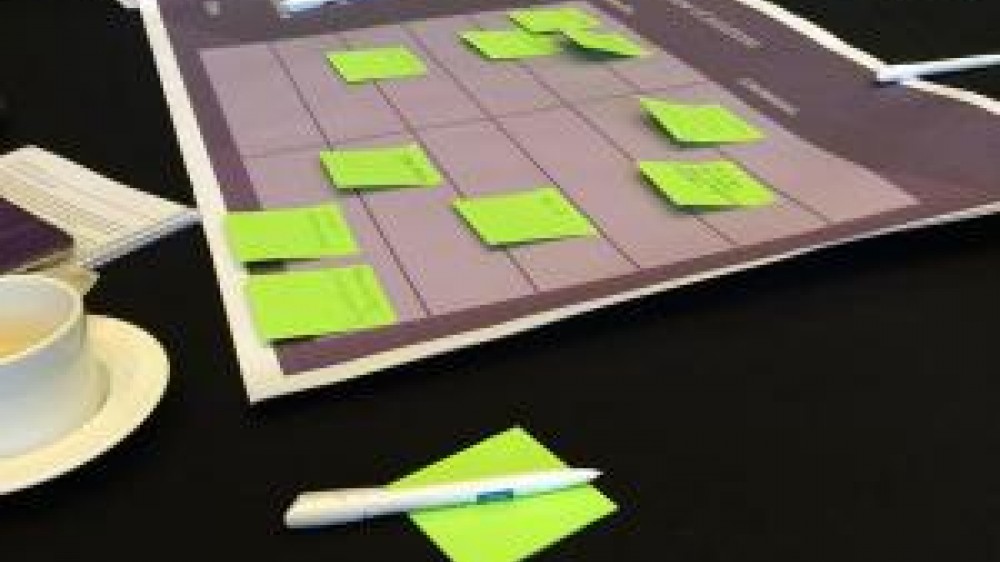Publication bias workshop and Wakelet

In February we held a two day workshop on publication bias, encouraging delegates to share their thoughts online using the hashtag #publicationbias.
Last month, the NC3Rs held a two day Publication Bias Workshop to bring together funders, journals and scientists from academia and industry to discuss the impact of publication bias in animal research and map out a strategy to address this issue.
Publication bias occurs when studies that do not reach statistical significance (commonly referred to as “neutral” or “negative”studies) are not published, or when research findings are selectively reported. This can have a significant impact on the progression of scientific research and the 3Rs, as unreported studies skew the knowledge base towards positive results and crucially waste animals and valuable resources.
The workshop sparked discussions not only amongst delegates but also in the online community, who used #publicationbias on Twitter to join in the conversation. You can look back on the conversation through Wakelet.
